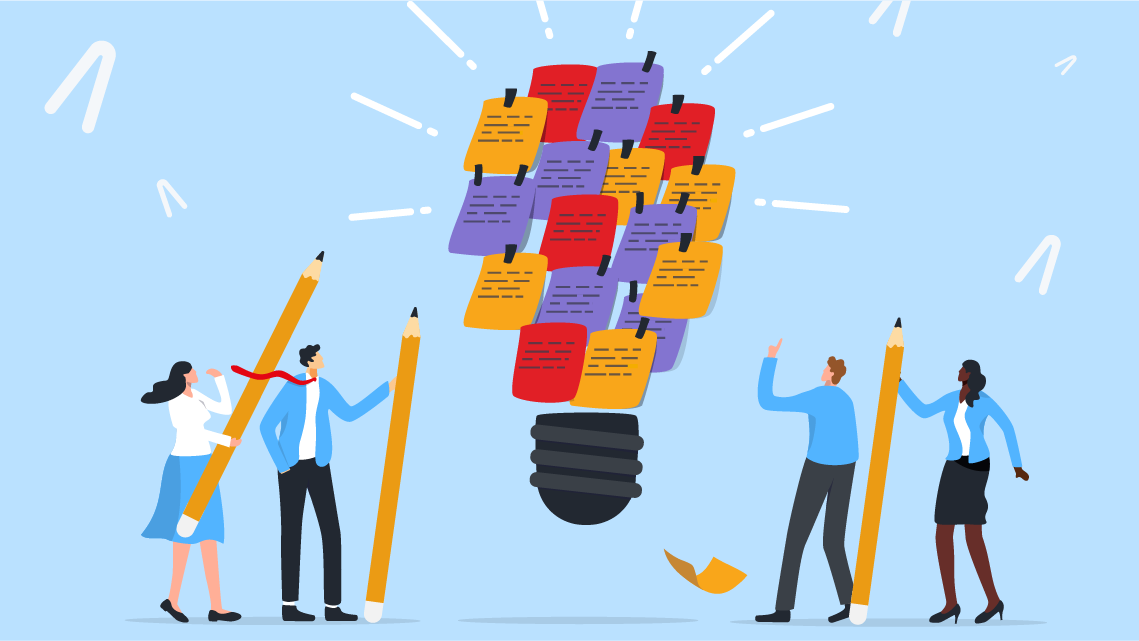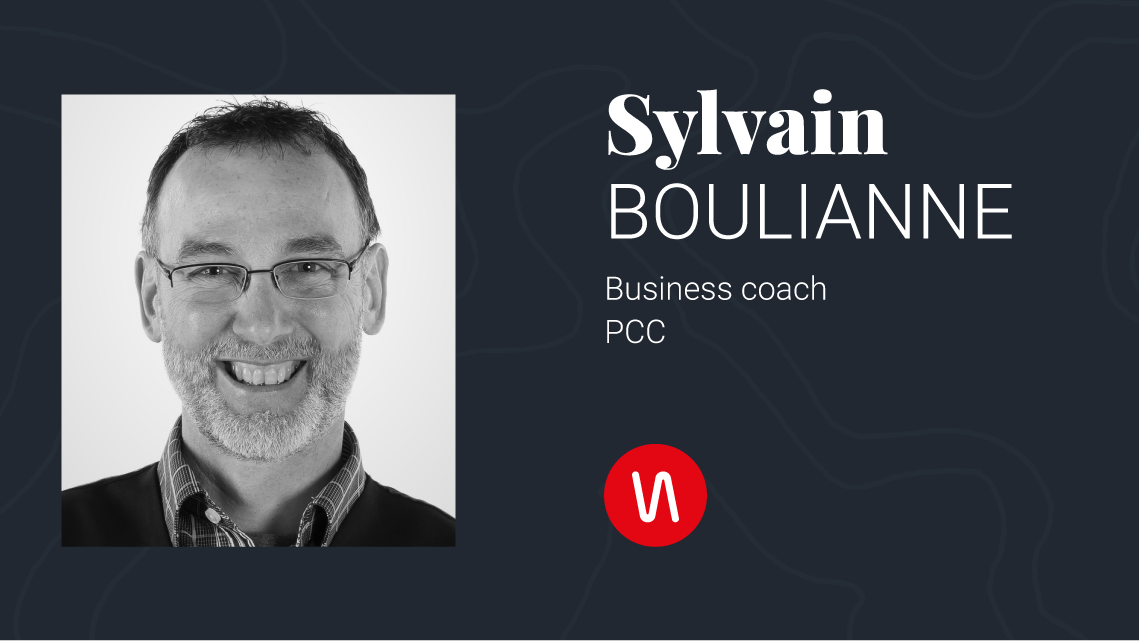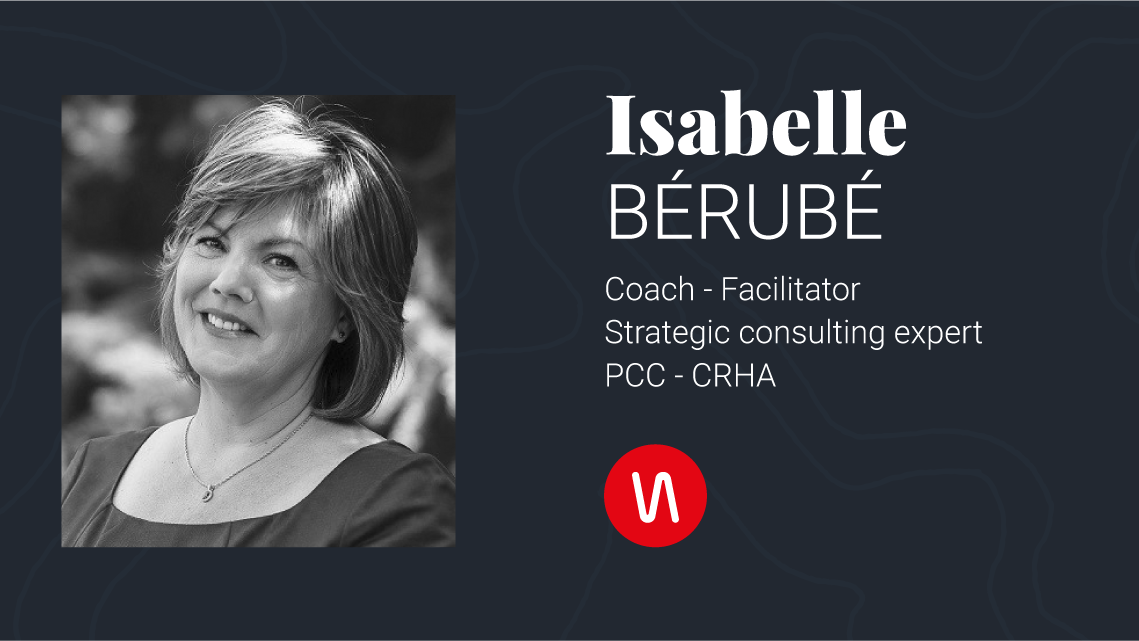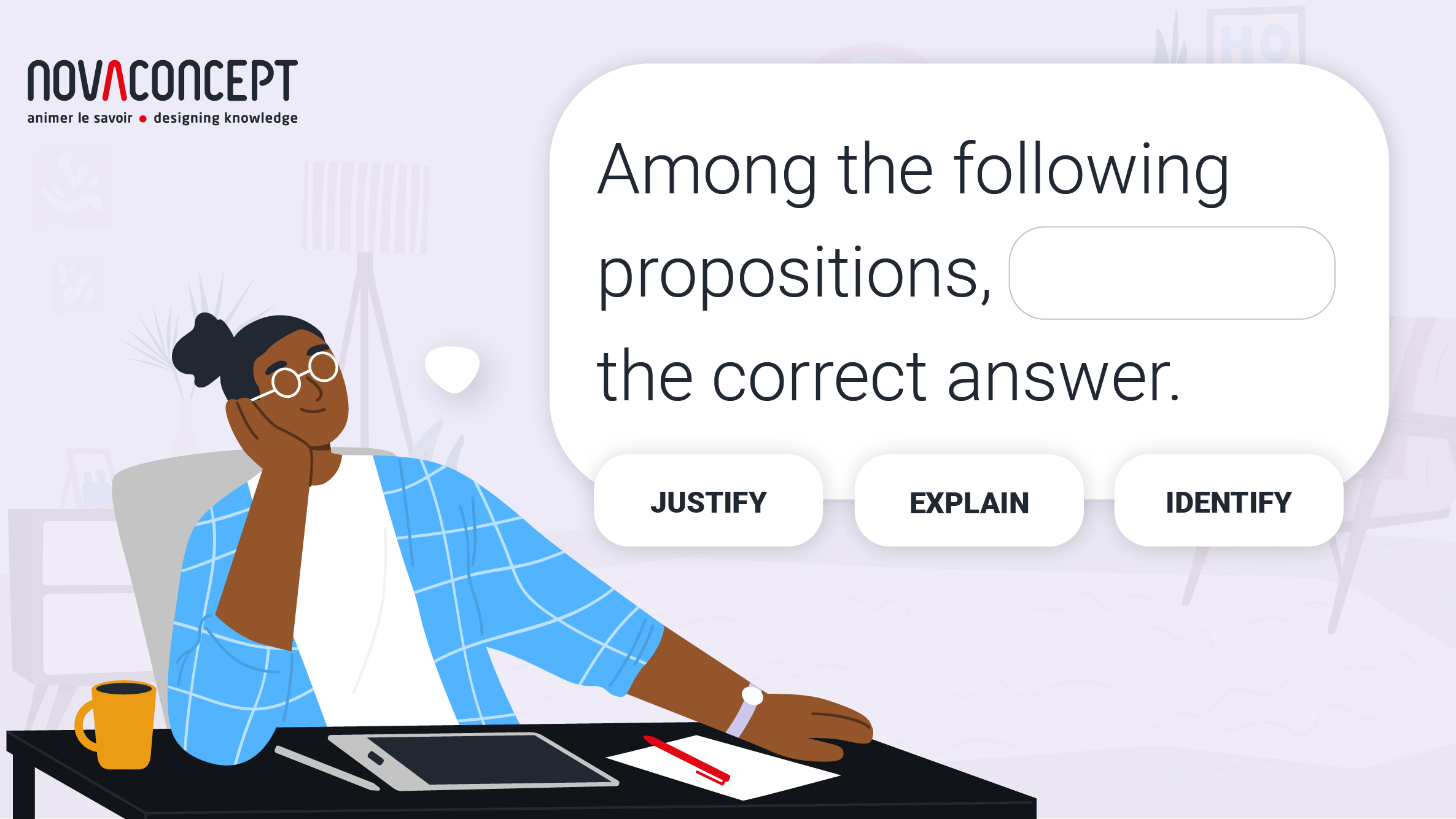Your email box is empty, your papers are filed, your desk is unusually clean, and you finally got around to doing that workplace civility training. You just finished a huge workday. However, you still haven’t touched the most important and urgent thing on your list. In short, you were procrastinating.
You try to convince yourself that everything you did during the day was very useful, that it will help you focus on that important task and that you still have plenty of time left to do it. But you still feel bad, and stress inevitably makes a comeback. This isn’t the first time you’ve been in this situation, and although every time you promise yourself it’s the last, you find yourself procrastinating again and again. Time management apps don’t seem to help and you have a hard time finding the motivation to start and finish the task.

Contrary to popular belief, we don’t procrastinate because we’re lazy or because we manage our time poorly. Procrastination is actually an inability to deal with negative emotions such as fear of failure, anxiety, insecurity, perfectionism, lack of self-confidence and feelings of incompetence. We’re postponing the task to avoid feeling those emotions. But always putting off the task quickly makes our stress spike. We want to move forward, but the fear of failing is too great, and we end up moving forward only when the fear of not doing anything takes over.
We know the consequences that procrastinating has on a task, and regret usually follows. So, why do we keep doing it? Why is this such a difficult habit to break? First, our brain is programmed to respond to our immediate needs, in this case: the need to avoid experiencing a negative emotion. The brain finds it difficult to conceptualize what’s in the future and generally considers our future-self as a different person. This is called present bias. It’s the same reason why we put off starting a new workout program, changing our eating habits and starting to save for retirement. All these actions require sacrifice in the present (immediate negative emotion) for a future reward (which will benefit the “other”).
Procrastination is also fed by cognitive dissonance, which justifies it. For example, we think that we’ll have more motivation later or that we need to be in the right frame of mind to do this task. In reality, it’s impossible for our motivation to be at 100% every hour of every day! It’s best to force ourselves to start the task, as motivation usually follows action. We also tend to overestimate the time we have left or underestimate the actual time the task will take. Finally, chronic procrastinators often feel like that they have no room for mistakes. They believe that the result represents their true abilities and therefore their personal worth. Thus, they set up disadvantageous conditions that explain their failure without casting doubt on their skills. Procrastinating and putting little effort into a task could be a form of protection—should the result be bad, it’s because we weren’t able to give our best.
There are also situations or tasks that are more conducive to procrastination, whether one is a chronic procrastinator or not. Naturally, everyone procrastinates on tedious, stressful or plain boring tasks; we’ll always have better things to do than cleaning our fridge. However, there is also a greater propensity to procrastinate when there is no autonomy in completing a task. We would rather wait for the person in charge to progress rather than have to start over. Receiving ambiguous or extremely vague instructions also leads us to postpone the task since we’re not able to properly assess what the expectations are; the risk of failure is, therefore, greater. The same is true for a task with no structure. We don’t know where to start and what’s most important. So, we put that task aside. Finally, the lack of a specific timeline or due date gives us the impression that there’s still plenty of time, so we don’t need to start right away. In fact, psychology shows that when we have a lot of things to do, we work faster. This is because the fear of not having enough time to do everything is greater than the fear of not perfectly completing the tasks.
How can we change our habits?
There are a number of things we can do to reduce or even eliminate our bouts of procrastination.![]()
The first version doesn’t have to be perfect; it just has to be done. Once we start the task, it will be easier to ask for feedback or improve something that already exists. Also, as we said earlier, action leads to motivation! By doing something and allowing ourselves to feel that it’s not perfect, we’re reducing the stress and anxiety associated with the task.
Making space for our success fosters our sense of competency, pushes us to keep moving forward and try new things.
There is no point in continuing to regret our past actions—we’re only sustaining negative emotions. It’s best to forgive ourselves and act on the things we can control so we don’t relive those feelings of guilt and stress that stem from procrastination.
We need to learn to recognize what we are doing when we procrastinate and remove the temptations. Being aware of our procrastination tendencies helps us avoid them, but also helps identify moments when we’re procrastinating.
Being productive is not necessarily a matter of how much we do in a day, rather, it’s a matter of doing things that are useful and have value. Certain tasks, like taking inventory of all the stationery in the office, take a lot of time, but have little use. We prioritize the things that are most useful.
Instead of thinking about why we don’t want to do the task, we focus on the benefits of doing it. For example, finishing a training course will help us apply for our dream job. It’s also important to remember that our worth is not equal to a task’s results. Making mistakes doesn’t mean we are incompetent; it just means that we continue learning.
If an instruction, or the expectations for a task are unclear, ask questions to your contact person. You’re showing you’re proactive and will be better able to tackle the task with confidence.
However, even with all these tips, it’s impossible to eliminate procrastination altogether; we’re still human beings! Some tasks will remain plain and boring; our focus won’t be as good some days and the number of available distractions at our fingertips through our smartphones will continue to grow. However, if this procrastination remains occasional and doesn’t increase our stress and anxiety levels, we can afford a few distractions without worry.
References:
- This is the real reason you procrastinate — and how to break the habit | (ted.com) (Accessed December 9, 2021)
- Tired of procrastinating? To overcome it, take the time to understand it | (ted.com) (Accessed December 9, 2021)
- Pourquoi procrastine-t-on? (radio-canada.ca) (Accessed December 9, 2021)
- quest_ce_la_procrastination_fr.pdf (uottawa.ca) (Accessed December 9, 2021)
Contact us
Has this article piqued your interest? Do you want to discuss e-learning solutions tailored to your needs? Get in touch now using the form below!
This site is protected by reCAPTCHA and the Google Privacy Policy and the Terms of Services apply.








